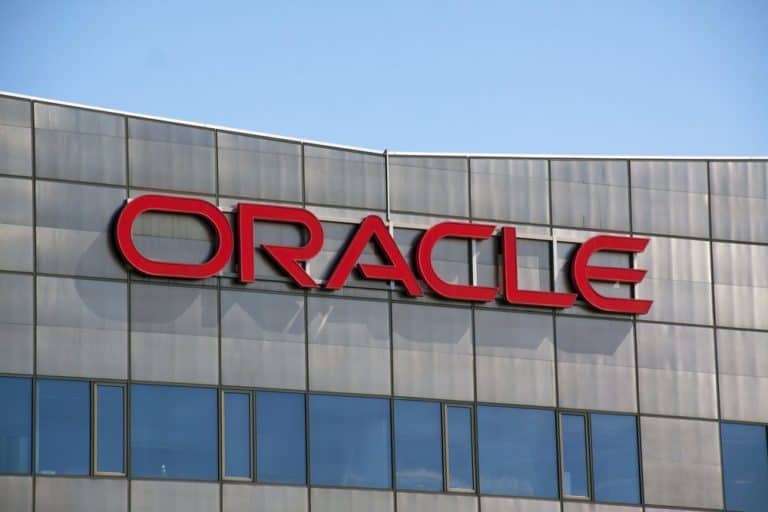Oracle has presented the Oracle Blockchain Applications Cloud. It consists of four applications for processing transactions, using the Internet of Things (IoT) as a data source.
Users are struggling with how to solve exactly specific business problems with concepts such as smart contracts, a distributed general ledger and cryptography, the company argues.
Blockchain can be useful for companies, because it is an irrefutable and unchanging record. For example, if there is a dispute about the accuracy of a particular piece of data, the blockchain can provide irrefutable evidence. IoT can offer data points that can be used to provide that proof. This way, sensors can deliver the data to the blockchain.
Applications
Oracle’s four applications include transactional data from a supply chain, and have a track and trace capability to track a product from delivery to market launch. There is also proof of origin for medication, intelligent tracking of temperature, warranty certificates and tracking of use, for example.
Intelligent Cold temperature tracking ensures that a product that needs to stay cold is not exposed to excessive temperatures. Following the warranty ensures that companies can see whether a product has been used in the right way, and whether it complies with warranty claims.
“We get events and insights from IOT systems, and ERP data from the supply chain. We put all these insights and their translations in the blockchain. We then use correlations and artificial intelligence – machine learning algorithms – based on those transactions,” said Atul Mahamuni, vice president of IoT and Blockchain.
Distinguished
Oracle seems to want to distinguish itself from other cloud companies with this and other products that were unveiled this year. They do this by creating applications based on technologies such as blockchain, IoT and artificial intelligence, taking advantage of their knowledge of databases and ERP.
This news article was automatically translated from Dutch to give Techzine.eu a head start. All news articles after September 1, 2019 are written in native English and NOT translated. All our background stories are written in native English as well. For more information read our launch article.